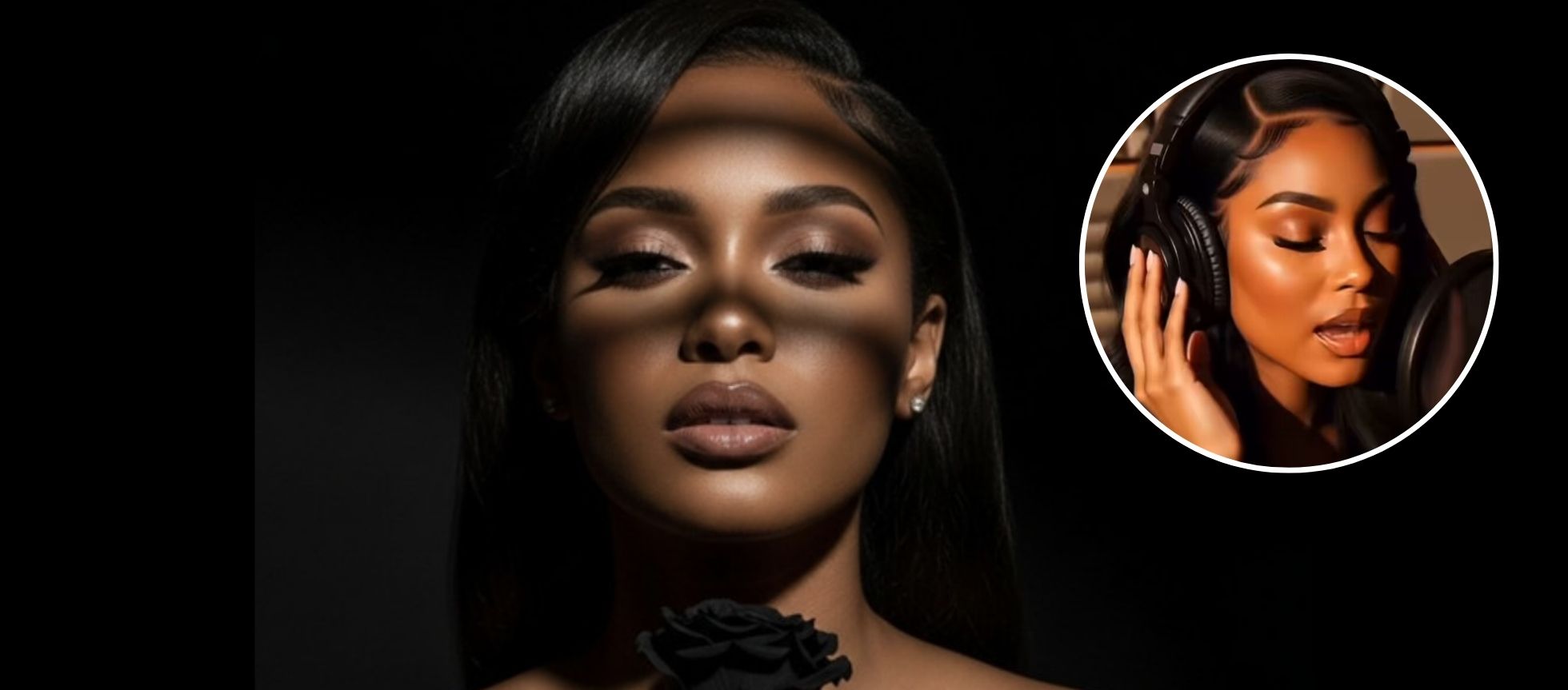The music industry is witnessing a groundbreaking moment. Xania Monet is an AI-generated musician created by Mississippi poet Talisha Jones. She has secured a multimillion-dollar record deal with Hallwood Media, marking a significant milestone in the evolving landscape of digital artistry.
The virtual artist has already demonstrated considerable commercial appeal, boasting nearly 465,000 monthly listeners on Spotify and achieving Billboard chart success. Industry sources indicate that Monet attracted offers reaching up to $3 million before ultimately signing with Hallwood Media.
Behind the digital persona lies a deliberate creative process. Jones utilizes Suno, an AI music generation platform that has sparked considerable debate within the industry, to craft both Monet’s visual identity and musical compositions.
Romel Murphy, who manages both Jones and her AI project, emphasizes the authentic artistry underlying the digital facade. “This is real music — it’s real R&B. There’s an artist behind it,” Murphy told Billboard, highlighting that approximately 90% of the lyrics originate from Jones herself, with the remaining content drawing inspiration from her friends and community connections.
The success comes at a time when AI-generated content is creating unprecedented challenges across the music industry. Recent controversies have emerged around new bands going viral on Spotify only to face questions about artificial generation, while deceased musicians have found AI-created songs appearing on their official pages without authorization.
Plans for Monet’s future extend beyond digital platforms. Murphy is actively developing a live performance debut for the AI artist, exploring how virtual musicians can translate their success into physical concert experiences. This venture into live entertainment follows established precedents set by virtual performers and digital characters who have successfully engaged audiences in real-world settings.
The phenomenon of virtual performers has gained significant traction globally, particularly in Japan where digital entertainers have drawn massive audiences. Similar concepts have begun gaining popularity in the United States, suggesting a growing acceptance of artificial personalities in mainstream entertainment.
While some critics argue that AI-generated content threatens traditional musicianship, supporters contend that these tools simply represent the latest evolution in music production technology.


